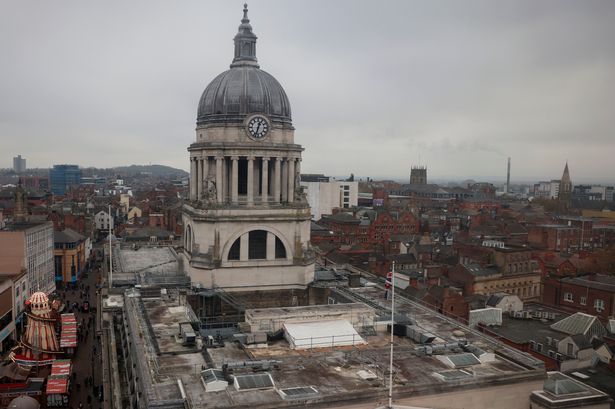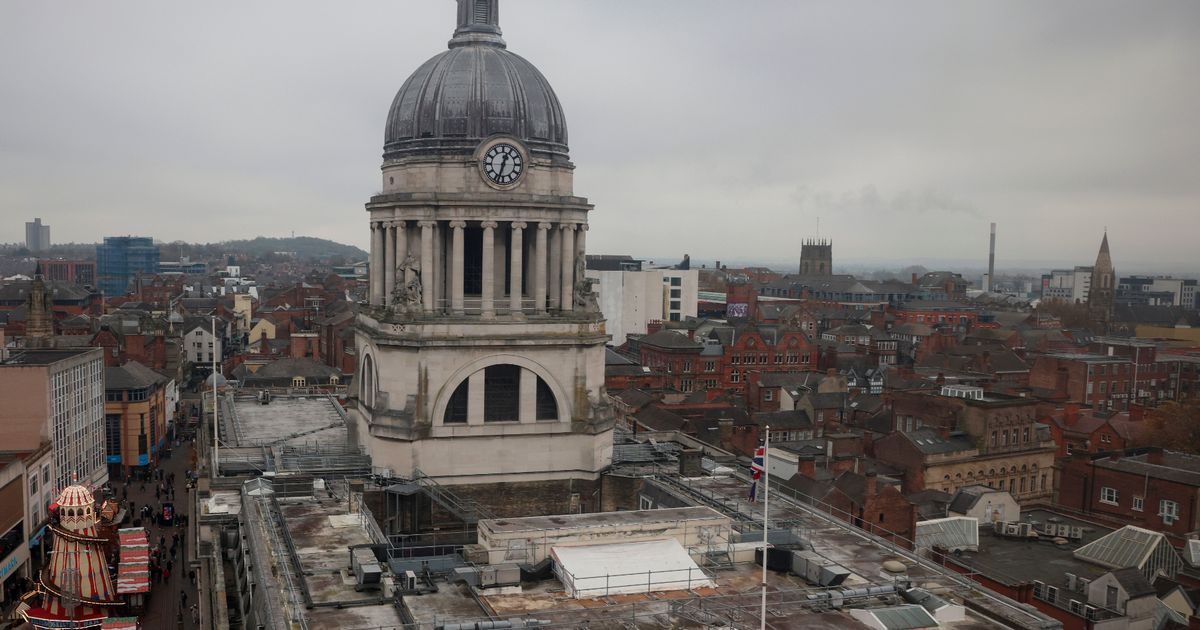The Labour-run authority has been undertaking “significant reforms” of its domestic waste services Recycling rates across Nottingham are still below Government-set targets(Image: Joseph Raynor/ Reach PLC)
Recycling rates across Nottingham are still below Government-set targets(Image: Joseph Raynor/ Reach PLC)
Recycling rates across Nottingham have “stagnated” and are still below Government-set targets, the city council has revealed.
However, contamination in recycled waste has fallen, with Nottingham City Council saying it is now saving them around £300,000 a year.
The Labour-run authority has been undertaking “significant reforms” of its domestic waste services alongside changes in Government policy.
It previously had a “clear all” policy, but the council says this led to health and safety risks, environmental concerns, and other problems.
In March last year it therefore ended the collection of waste left at the side of bins, stopped collecting overfilled bins, and began charging for its garden waste collection service.
Despite the changes so far, recycling rates have “stagnated” at around 40 per cent – which is still under the Government target of 65 per cent by 2035.
While rates have stagnated, they are in fact up on the 23 per cent recycling rate recorded as of 2021, when the city was well-below the then national average of 40 per cent.
The council said “substantial progress” has also been made in reducing the contamination of recycled waste.
If more than 15 per cent of the recyclable waste delivered by the council to the recycling plant is contaminated, a financial penalty is incurred, which is paid to the waste contractor.
In 2023 the council said penalties of £1 million a year were being incurred due to contamination.
Since rates have fallen from 1.06 per cent in 2022 to just 0.26 per cent as of this year, the authority says it has been saving £300,000 a year.
Government reforms also mean that, from 2026, councils across the country must introduce a separate bin for food waste.
Nottingham City Council has confirmed that its food waste collection service will not be fully operational for all households until 2030, with a phased rollout beginning from March 2028. This is due to existing contracts causing delays.
The food waste collection service for households was trialled for around 3,500 homes in the Berridge ward in 2023.
“Looking ahead, the council is preparing for the national rollout of the simpler recycling reforms, which will standardise recycling collections across England,” council documents say.
“This includes phased implementation of food waste collections, expanded kerbside recycling, and significant investment in infrastructure, staff training, and public communication.”
The topic is set to be discussed further at a people, communities and environment scrutiny committee meeting on November 5.

